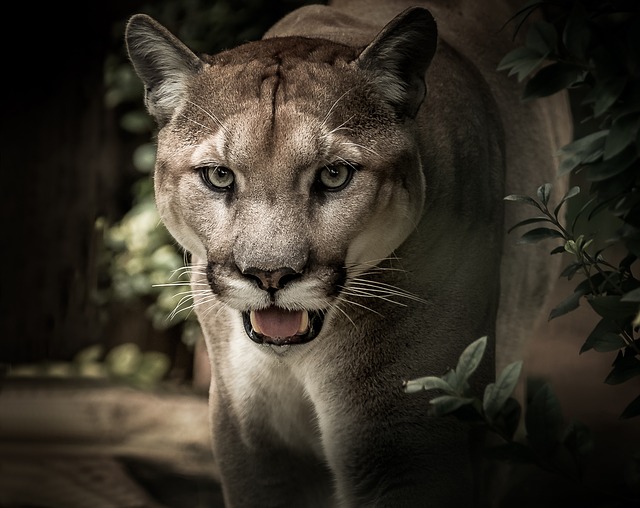English words with Spanish/Amerindian origins
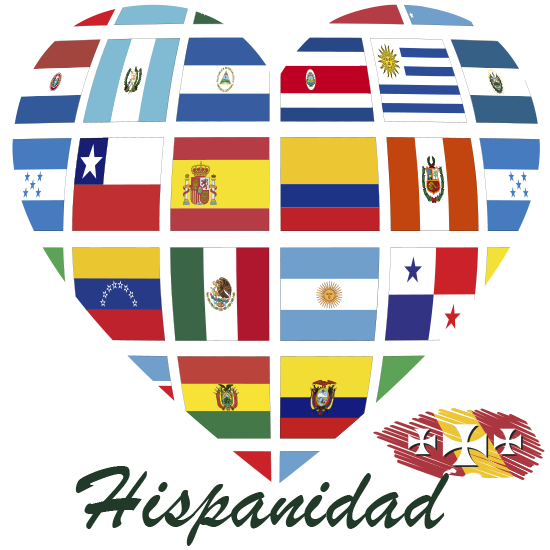
Let's have a look at the Spanish/Amerindian influences on the English language.
The Wild West
Let's face it. The first cowboys were Spanish speakers. The proof is in the vocabulary.
Buckaroo : an old word for a cowboy, this is an anglicization of vaquero
Chaps : originally used by cowboys to protect their legs when riding, from the Spanish word chaparreras
Rodeo : a bull-riding competition from the verb rodear
Desperado : used in the old West to describe a reckless criminal, from the Spanish adjective desesperado
Ranch : Rancho, meaning a small rural community
Stampede : from estampida
Lasso : a rope with a loop used to tie escaping cattle, from the Spanish word lazo.
Ten-Gallon hat : there are 2 theories about the kind of hat a cowboy used to wear. Both have Spanish roots. The first is that the wearer was tan galán and the second is that the name comes from the galón worn around the hat.
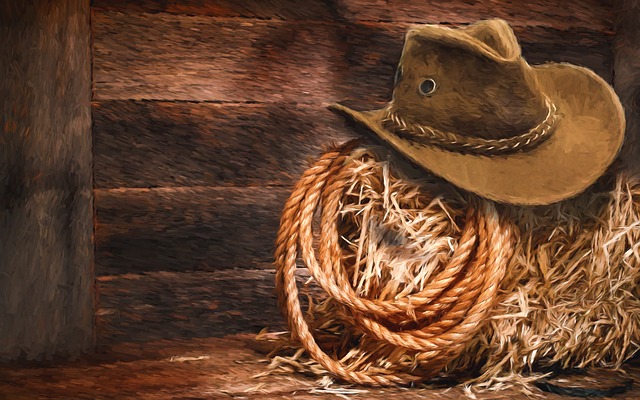
Weather and Geography
Spain and other Spanish-speaking countries have some of the best weather. It's October and I'm still not wearing a coat. Where I'm from, that's reason enough to celebrate.
Breeze : from brisa in Spanish
Sierra
Savanna : in Spanish sabana from the Caribbean Taíno language zabana
Canyon : from cañón in Spanish
Parasol
Tornado
Hurricane : huracán in Spanish, from Taíno language hurákan
El Niño : fenómeno del Niño, literally, "the Christmas child" due to the warming of the Pacific waters around Christmas time
Food and Drink
Hispanic gastronomy is some of the most delicious there is. It's so good that both English and American cultures have adopted it into their cuisine. Here's proof in the language.
Avocado : anglicization of aguacate, from the Mexican Nahuatl word ahuacatl
Barbecue : Spanish barbacoa, from the Central American Chibcha word
Chipotle : meaning “smoked chili pepper”, literally from Mexican Nahuatl chilli + poctli (smoke)
Chocolate : pronounced "choclat" in English, from the Nahuatl word xocolatl (“hot water”)
Cocoa – Spanish cacao, from Nahuatl cacáhuatl
Chorizo : pronounced "chorítsou" in English
Guacamole : from Nahuatl ahuaca-molli, ahuacatl (“avocado”) + molli (“sauce”)
Oregano : pronounced "origáno" in English
Jalapeños : named after Jalapa, a city in Guatemala
Paella : pronounced "paela" in English
Tomato : Spanish tomate, from Nahuatl xitomatl
Potato : Spanish patata, from Taíno batata
Daiquiri : pronounced "dáqueri" in English, this cocktail gets its name from a port city in Cuba
Vanilla : vainilla
Sherry : Jerez
Burrito, Nachos, Piña colada, Mojito, Tequila, Sangría, Salsa, Churros, Cilantro, Chili con carne...the list is endless!
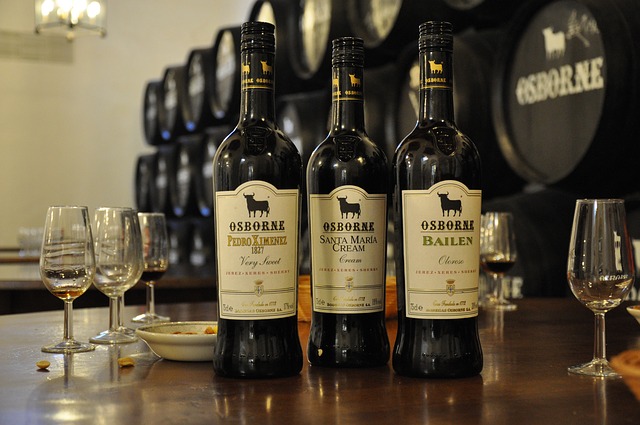
Art, literature and culture
Often overshadowed by the food and drink, but still as important, Hispanic culture has also made it's way into the English language.
Aficionado
Savvy : "Savvy?" = ¿Sabes? "A savvy person" = una persona sabia. Jack Sparrow's favourite word. Here's the proof.
Bodega
Fiesta
Flamenco
Macho
Patio
Rumba
Siesta
Salsa
Tango
Tobacco : Spanish tabaco, from Caribbean Taíno language tabako
Cigar : (puro) from the Spanish word cigarro, originally from the Mayan word sicar (tabaco)
Silo
Quixotic : derived from Cervantes' delusional knight Don Quijote, this adjective describes something completely idealistic, unrealistic and impractical
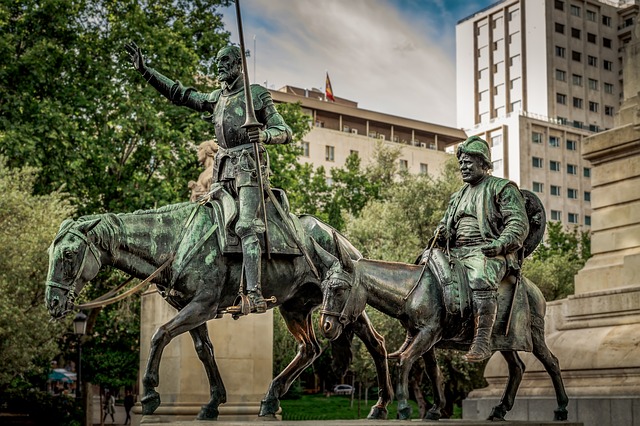
War and conflict
Conquistador
Bandolier : from bandolera, a shoulder belt with loops or pockets for cartridges
Armada : a fleet of warships, from the Real Armada Española
Guerrilla : pronounced "gorila" in English
Renegade : from renegado in Spanish
Vigilante
Trade
Trade between different nations was essential during the colonial years, which is probably how these Spanish words made their way into the English language.
Cargo : from the Spanish word Carga
Embargo
Galleon : from galeón in Spanish
Canoe : Spanish canoa, from Arawakan canaoua
Jade : pronounced "lleid" in English, from the same Spanish word jade
Platinum : platino
Animals
Many animals found in the New World were given names by the Spanish and then adopted by the British. Here are some of them.
Alligator : caimán (literally from the Spainsh El legarto)
Armadillo
Mosquito
Iguana : from the Arawak languages of the Caribbean, iwana
Cockroach : an anglicization of cucaracha
Coyote : from the Mexican Nahuatl language coyotl
Barracuda
Bronco : this wild horse gets its name from the adjective in Spanish
Mustang : deriving from the now exclusively Latin American word mesteño (caballo salvaje), referring to the feral horses which are a descendent of the originally domesticated Spanish horses brought to the Americas.
Puma : pronounced "piuma" in English, from the Andean quechuan language
